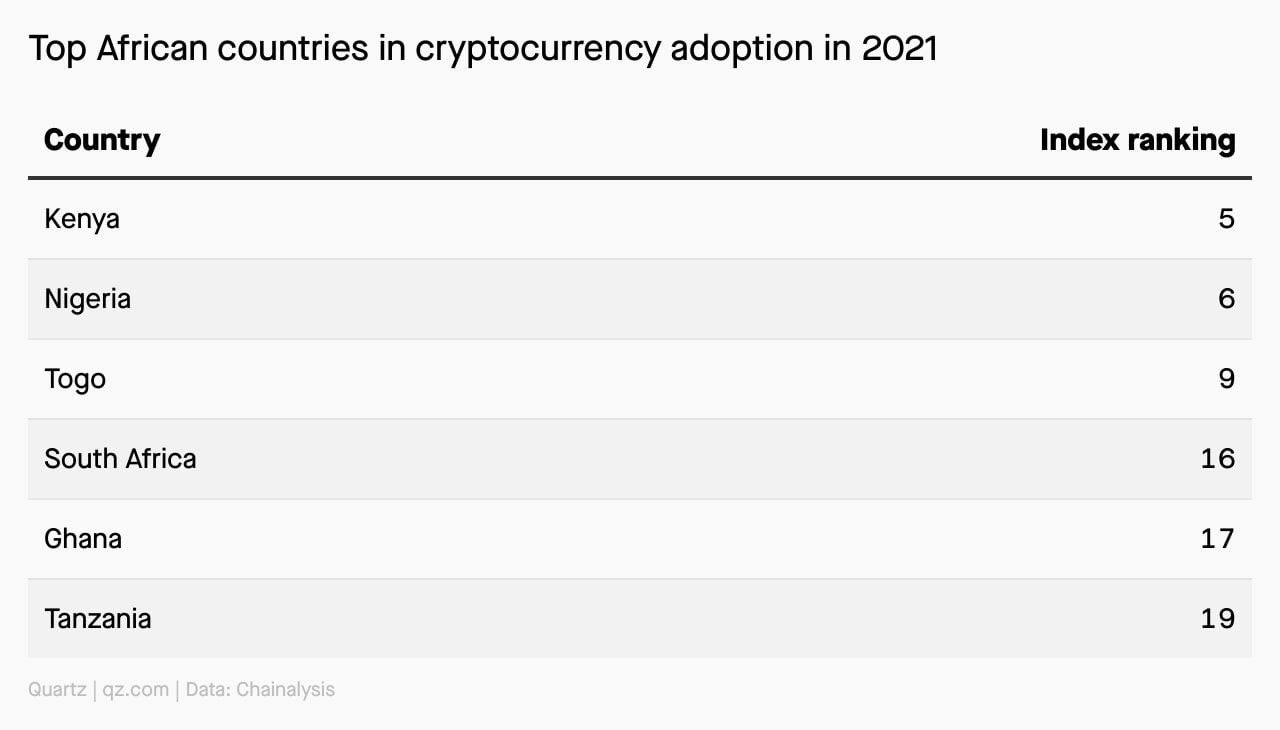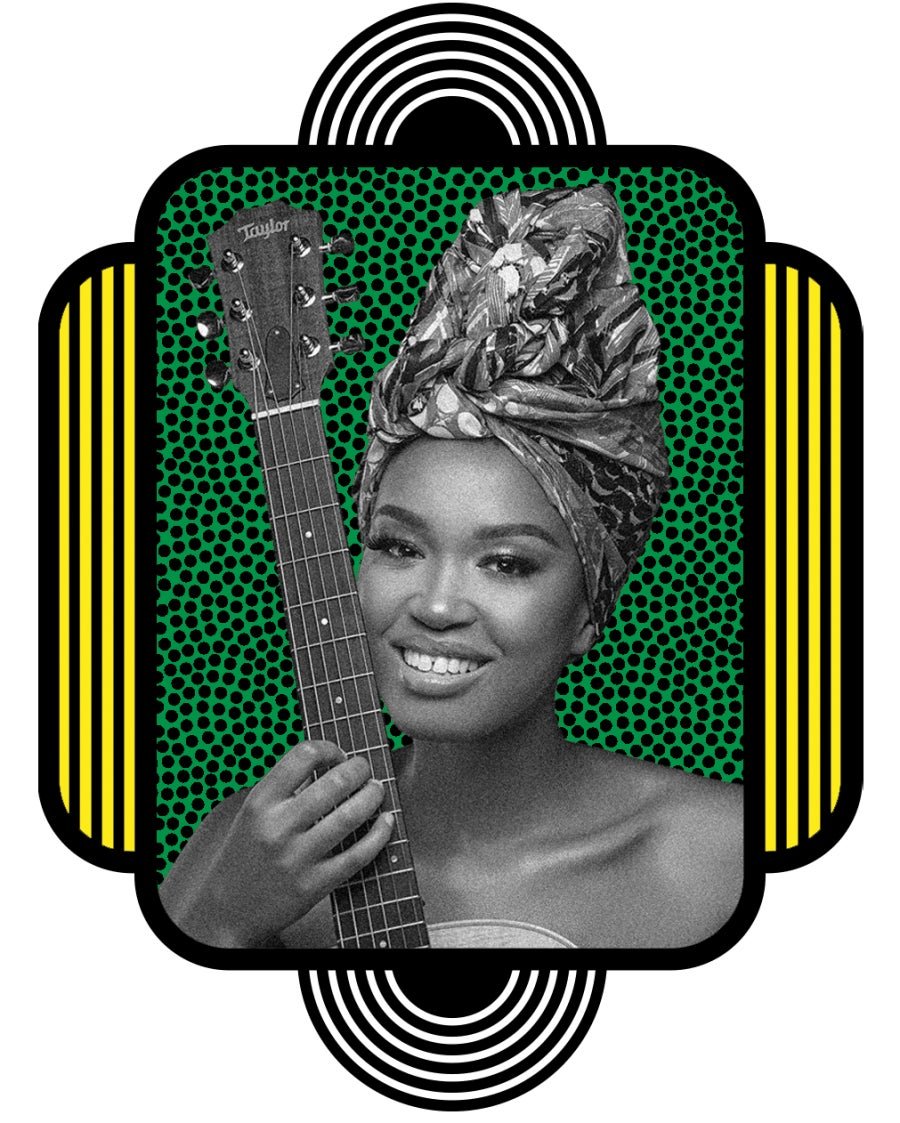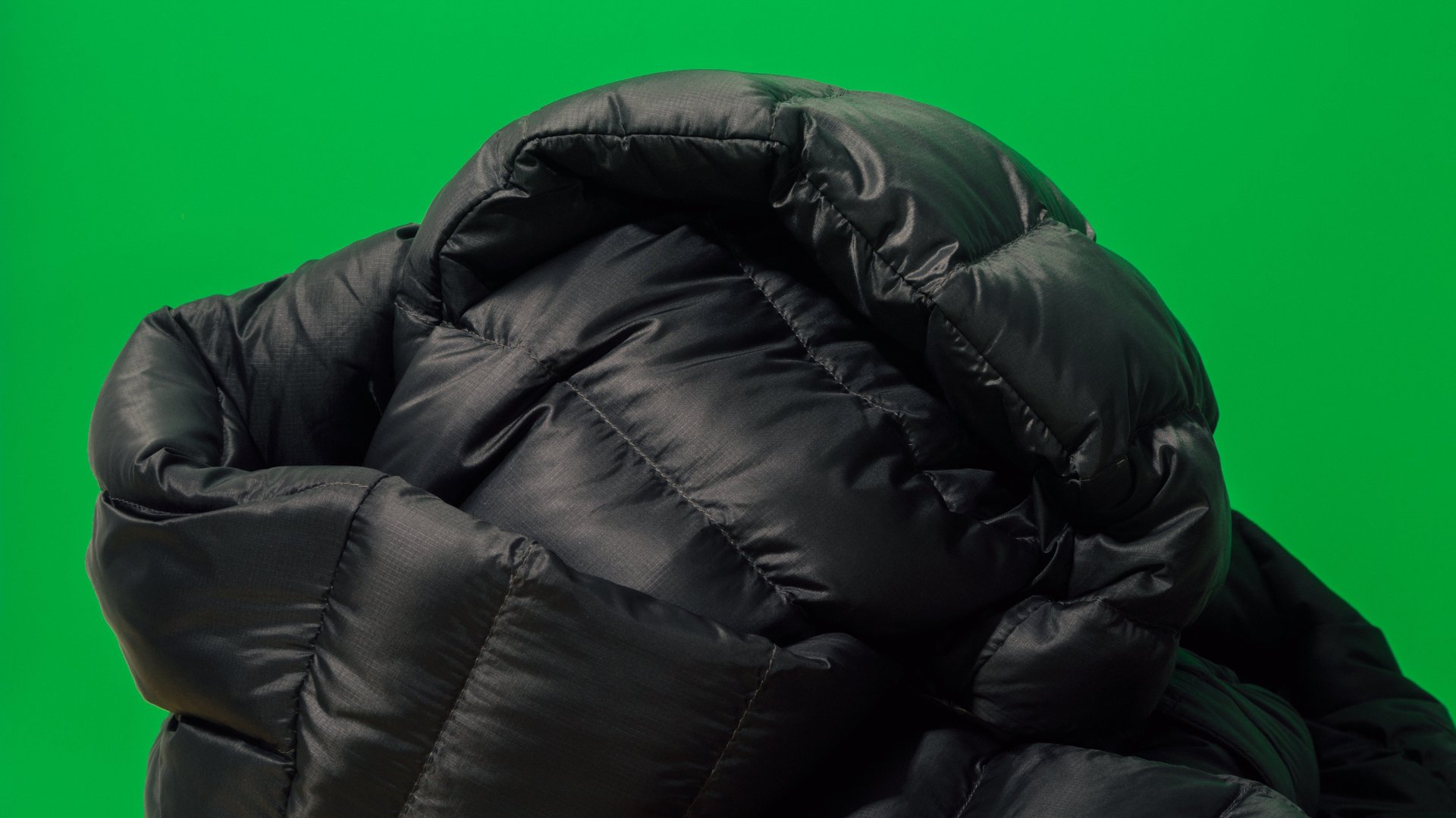The final countdown
Hi Quartz Africa readers!


Hi Quartz Africa readers!
We’re proud to announce that in less than two weeks, we’ll be launching our first Africa-specific subscription product, which we’re thinking of as a front-row seat to innovation on the continent.
Quartz Africa membership will include unlimited access to Quartz Africa’s journalism, plus an exclusive weekly email that goes deep on the startups, innovators, and sectors driving Africa’s technological boom. Each week, we’ll also share a case study of a company making an impact.
As readers of Quartz Africa Weekly—which will remain free!—you’ll receive free access to our subscription newsletter for the first four weeks. If you want to let others in on that gift, make sure they’re subscribed to this email.
Okay, let’s get started.
The end is nigh
Later today, Cameroon will host a colorful closing ceremony for the final match of this year’s Africa Cup of Nations soccer tournament—but not for its own national team. The Indomitable Lions came close to the final, but their hopes were dashed after they missed three penalties in the semifinal against Egypt. That means the Pharaohs will challenge Senegal’s Teranga Lions for this year’s $5 million prize and a place in the World Cup.
Whoever wins, it will bring an end to festivities that started on Jan. 9 at the newly built Olembe Stadium in Yaoundé. There have been high moments in the competition, especially for countries like Comoros and the Gambia. But there have also been lows, including a Jan. 24 pre-game stampede that killed eight people and left 40 others wounded. The fatal event reopened questions about Cameroon’s initial preparedness to host the tournament.
Today’s final will be played at Olembe, with the Confederation of African Football (CAF) and Cameroon’s local organizing committee reportedly satisfied that enough measures have been taken to prevent a repeat tragedy. Cameroon’s players also asked their soccer administrators to donate some of their performance bonuses to the stampede’s victims.
Cameroon might get some consolation in the third-place game against Burkina Faso, which has had to put aside the distraction of a military coup at home. But whatever happens, the continent will miss coming together for a month-long party that, barring one devastating event, has truly been a thrill. —Alexander Onukwue, west Africa correspondent
Stories this week
Combating piracy to monetize music. Carlos Mureithi interviews Tosin Sorinola, director of artist and media relations for streaming service Boomplay, about Africa’s piracy problem, regulatory environment, and musical future.
Nigerian investment apps plot success. Robinhood shares might be in a slump, but similar apps in Africa—particularly in Nigeria—are making plans for a boom year after navigating regulatory troubles, Alexander Onukwue reports.
E-commerce in Morocco soars. Having had one of the continent’s longest and strictest lockdowns, Morocco saw an e-commerce boom in early 2020. Kingsley Kobo reports on why two years later, the sector continues to experience impressive growth.
Cocaine is blamed for an attempted coup. Events in Guinea-Bissau brought more attention to the vulnerability of democracy in west Africa. Alexander Onukwue reports on what makes this episode different than other coup attempts in the subregion.
An Afropop artist commands his lane. Last year, Nigerian stars Wizkid and CKay pushed Afrobeats to global success. Alexander Onukwue explores how a new album release by Adekunle Gold could help punch holes in the popular understanding of the genre as a monolith.
Netflix just got less chill. Zimbabwe and Nigeria are the latest African countries to lay out plans for the collection of taxes from e-commerce and digital companies such as Netflix, Google, YouTube, and Amazon.
Crypto adoption in Africa

Binance, the world’s largest cryptocurrency exchange by volume, recently restricted 281 Nigerian personal accounts, claiming the need to boost security and prevent fraud. But users, especially those shut out, responded with calls for a boycott. Carlos Mureithi reports on why Binance is cracking down in Nigeria, where even a series of bans haven’t stopped widespread crypto adoption.
Dealmaker
Brimore, an Egyptian e-commerce company, raised $25 million in a round led by the International Finance Corporation (IFC), and Endure Capital, a US-based firm. Founded in 2017, Brimore enables shop owners to create mobile-app-based stores. The company says 74% of its 75,000 sellers are women who primarily live in Egypt’s rural communities.
Nestcoin, a startup creating media, gaming, and trading products on blockchain platforms, has raised $6.45 million from a host of investors including Serena Ventures, the investment company of Serena Williams. Nestcoin launched in November with a team of mainly Nigerians, but has a global focus for all its products.
Nigerian retail investment app Bamboo raised $15 million in a round led by US firms Tiger Global and Greycroft. Bamboo is one of a growing number of apps in Africa replicating Robinhood’s fractional trading model for retail stock investors. It launched in January 2020 and, after two years learning the market in Nigeria, plans to expand to Ghana later this year.
Quartz announcement

Does your company share the highly adaptable habits of the best companies for remote workers? Enter them for Quartz’s Best Companies for Remote Workers 2022 list.
Spotlight on a Quartz Africa 2021 Innovator

Berita Khumalo, 30, is a Zimbabwe-born musician. Looking to empower African women to build sustainable careers and businesses in music, she founded Women of Music Business last year.
Khumalo had seen that women in music are more prone than men to exploitation, unfair deals, and low pay. In a partnership with Sony Music Africa, Wits Business School, and the Southern Africa Trust, Women of Music Business is training female artists, creators, and managers in financial management, philanthropy, and social investment.
Check out Quartz Africa’s Innovators 2021 list, which showcases the pioneering work being done by Khumalo and other female African innovators.
Quartz gems

In 1936, Eddie Bauer went on a hunting trip in Alaska, dressed in a wool winter coat. It didn’t take long before he started suffering from hypothermia. After narrowly escaping death, the outdoorsman and budding clothier vowed “never again” and went on to invent the “blizzard-proof jacket”—an olive green quilted puffer coat that Bauer would later manufacture for the US Air Force.
For Bauer, necessity was the mother of invention. But since that fateful gentlemen’s hunt, puffer jackets have, well, blown up: Today, you can find oversized puffers, luxury puffers, $1,000 puffers, and plenty of puffers that are Everest-ready. 🎧 To learn more about how Bauer’s novel coat evolved into a status symbol, listen to this week’s episode of the Quartz Obsession podcast, the first of season two.
Listen on: Apple Podcasts | Spotify | Google | Stitcher
Sponsored by Alumni Ventures
Other things we liked
An artist inspired by covid. The Guardian looks at a Zimbabwean sculptor who has been creating artwork to raise awareness about the pandemic.
Senegal’s chief Lion tries a third time. New Frame profiles coach Aliou Cisse, who lost the Afcon final as team captain in 2002 and as a coach in 2019.
Digital identification is getting closer. Techcabal unpacks the significance of Nigeria’s plan to replace identity card numbers with digital tokens.
The fighter who just wants tougher fights. The unrelenting ambition of Nigerian-born UFC champion Kamaru Usman shines through in this GQ profile, without being unbearable.
ICYMI
Be part of a startup accelerator. UNDP, Seedstars, and the Financial Times are calling for startups to join the ImpactAim SDGs Tech PreAccelerator, focused on identifying innovative technology solutions and transformative business models. (Feb. 11)
Pitching opportunity for fintech startups. Stitch is seeking early-stage fintech startups from Africa to apply for a showcase that it will host this month. (Feb. 25)
🎵 This brief was produced while listening to “Brighter Days” by Sauti Sol feat. Soweto Gospel Choir (Kenya and South Africa)
Our best wishes for a productive and ideas-filled week ahead. Please send any news, comments, suggestions, ideas, Afropop tracks, and Netflix recommendations to [email protected]. You can follow us on Twitter at @qzafrica for updates throughout the day.
If you received this email from a friend or colleague, you can sign up here to receive the Quartz Africa Weekly Brief in your inbox every week. You can also follow Quartz Africa on Facebook.